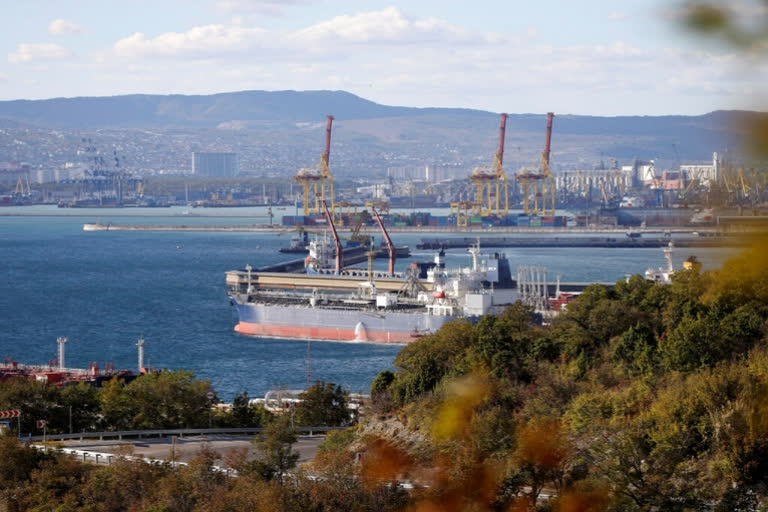Washington: The Group of Seven nations and Australia joined the European Union on Friday in adopting a $60-per-barrel price cap on Russian oil, a key step as Western sanctions aim to reorder the global oil market to prevent price spikes and starve President Vladimir Putin of funding for his war in Ukraine. Europe needed to set the discounted price that other nations will pay by Monday, when an EU embargo on Russian oil shipped by sea and a ban on insurance for those supplies take effect.
The price cap, which was led by the G-7 wealthy democracies, aims to prevent a sudden loss of Russian oil to the world that could lead to a new surge in energy prices and further fuel inflation. U.S. Treasury Secretary Janet Yellen said in a statement that the agreement will help restrict Putin's "primary source of revenue for his illegal war in Ukraine while simultaneously preserving the stability of global energy supplies."
The agreement comes after a last-minute flurry of negotiations. Poland long held up an EU agreement, seeking to set the cap as low as possible. Following more than 24 hours of deliberations, when other EU nations had signaled they would back the deal, Warsaw finally relented late Friday. A joint G-7 coalition statement released Friday states that the group is "prepared to review and adjust the maximum price as appropriate," taking into account market developments and potential impacts on coalition members and low and middle-income countries.
"Crippling Russia's energy revenues is at the core of stopping Russia's war machine," Estonian Prime Minister Kaja Kallas said, adding that she was happy the cap was pushed down a few extra dollars from earlier proposals. She said every dollar the cap was reduced amounted to $2 billion less for Russia's war chest. "It is no secret that we wanted the price to be lower," Kallas added, highlighting the differences within the EU. "A price between 30-40 dollars is what would substantially hurt Russia. However, this is the best compromise we could get."
The $60 figure sets the cap near the current price of Russia's crude, which recently fell below $60 a barrel. Some criticize that as not low enough to cut into one of Russia's main sources of income. It is still a big discount to international benchmark Brent, which slid to $85.48 a barrel Friday, but could be high enough for Moscow to keep selling even while rejecting the idea of a cap.
There is a big risk to the global oil market of losing large amounts of crude from the world's No. 2 producer. It could drive up gasoline prices for drivers worldwide, which has stirred political turmoil for U.S. President Joe Biden and leaders in other nations. Europe is already mired in an energy crisis, with governments facing protests over the soaring cost of living, while developing nations are even more vulnerable to shifts in energy costs.
